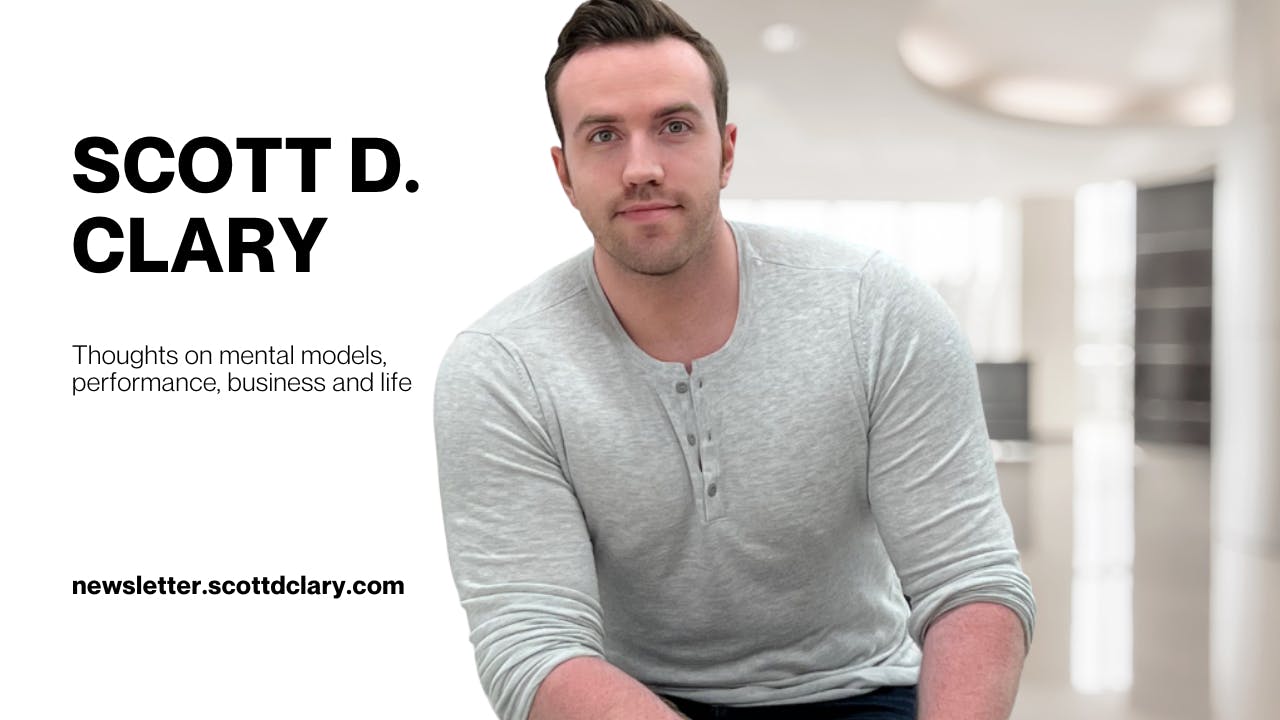On Regret Minimization, Uncomfortable Truths, and Embracing Failure
by
November 22nd, 2023
Audio Presented by

Host of The Success Story Podcast. I write a newsletter to 321,000 people. newsletter.scottdclary.com
Story's Credibility

About Author
Host of The Success Story Podcast. I write a newsletter to 321,000 people. newsletter.scottdclary.com
Comments
TOPICS
Related Stories
10 Threats to an Open API Ecosystem
Jul 18, 2022
